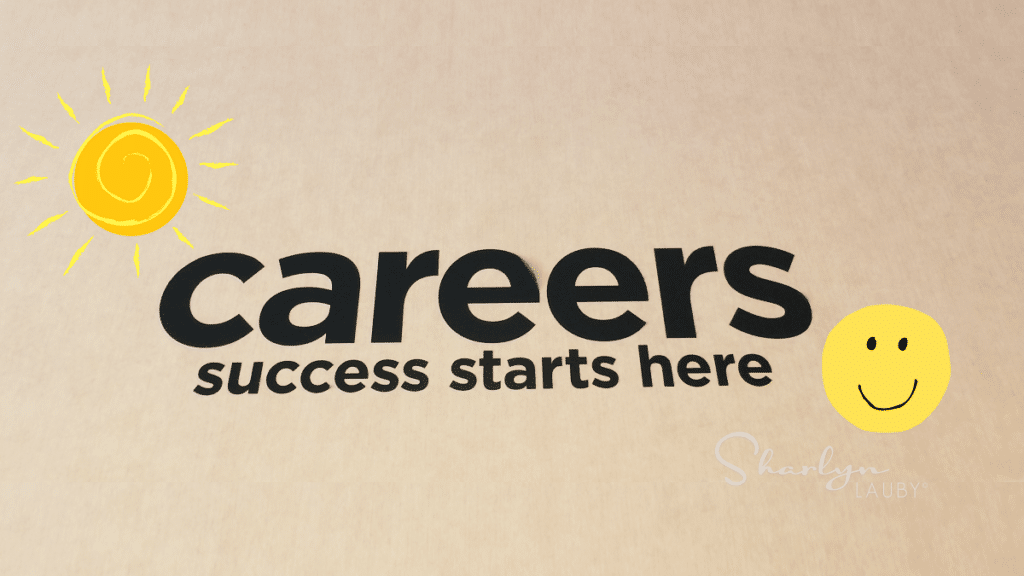Estimated reading time: 4 minutes
Career planning is the process of matching an employee’s career goals with their capabilities. Simply put, it’s about connecting what people do well with what they want to do. Ideally, we want employees to enjoy their chosen career. If they do, it can translate to employee engagement, which ultimately has a positive impact on productivity and the bottom line.
But career planning isn’t a one-person activity. While individuals play an important role in their own career planning (more on that later), organizations have a responsibility as well. The keyword here being responsibility. Helping employees find a successful career path is in the best interest of the organization. So, this isn’t an optional activity.
3 Ways Organizations Can Support Career Planning
One way to view career planning is in terms of employee career stages like early, mid, and late career. It’s important to note that this could also offer the organization some flexibility. Early career could be viewed as either new to the job, new to the company, or both. Same philosophy applies to mid and late career.
This gives organizations several options when it comes to their support of career planning efforts. Here are three different ways that organizations can use existing programs to support an employee:
- Career Development Tools. Whether a person is new to the organization or their role, organizations needs to provide them with tools. Early stage career development starts with orientation and onboarding. These programs are specifically designed to give new employees the tools they need to be successful. Whether it’s helping a new manager learn how to create a budget or giving an employee a few tips for participating in a successful one-on-one meeting, organizations can make an impact in an employee’s career by giving them the right tools.
- Guidance. After employees are given the tools, managers can play a role in career planning by offering guidance. Think of guidance as direction or information. Managers can help employees figure out what they like about their work (and what they don’t). They can encourage them to take on new assignments to learn. Guidance can get employees to do their own self-awareness activities so they can start identifying the things they enjoy and those they have an interest in learning more about. This is also a good activity for managers to start introducing employees to the concepts of self-learning.
- Recognition and Coaching. Once employees have the tools and start experimenting with them, managers can take on the role of coach to support career development. A way to do that is by sharing with employees the things they do well. Sometimes an employee needs to hear that they have a skill or ability for something. If an employee has an interest in something they haven’t exactly perfected, the manager can also provide some feedback on things the employee should consider spending additional time learning.
In many organizations, managers might already be doing these things. And that’s great. The question becomes do they realize the impact they have on employee careers? It’s a significant role and one that should be taken seriously. In fact, managers might want to start asking employees during one-on-one meetings or during stay interviews, “What can I do to help your career?”
Organizations Can Make or Break an Employee’s Careers
Just because it’s the employee’s career, doesn’t mean the organization doesn’t have a role and responsibility in it. Organizations can have a tremendous positive impact by giving employees the right tools, guiding conversations, recognition, and performance coaching.
But as I mentioned earlier, companies shouldn’t be asked to assume all the responsibility for career planning either. The other half of the career planning belongs to the employee. That’s what we will explore in part two in this series about career planning (coming soon!).
Image captured by Sharlyn Lauby while exploring the streets of San Francisco, CA
The post Career Planning: The Organization’s Role in Creating Employee Success appeared first on hr bartender.



0 Commentaires